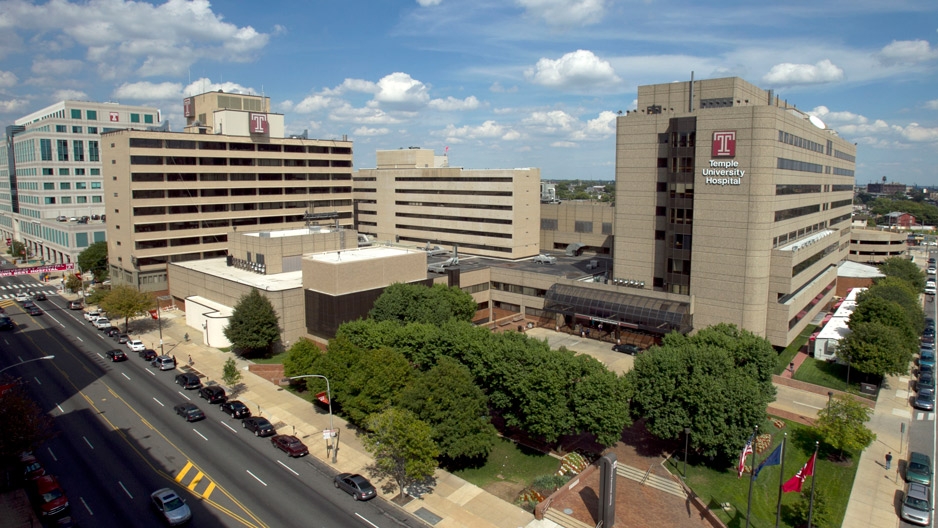Posted August 9, 2017
NIH selects Temple as hub for clinical trials network
Temple University will serve as one of 11 clinical hubs across the country as part of the newly established Strategies to Innovate Emergency Care Clinical Trials Network.

Photography By:
Betsy Manning
The NIH Strategies to Innovate Emergency Care Clinical Trials Network, also known as SIREN, aims to support clinical trials in emergency medicine to improve patient outcomes for neurologic, heart, lung, blood and traumatic emergencies.
Temple University will serve as one of 11 clinical hubs nationwide as part of a newly established National Institutes of Health emergency medicine clinical trials network.
The NIH Strategies to Innovate Emergency Care Clinical Trials Network, also known as SIREN, was established to support rapid implementation of high-quality, large-scale clinical trials in emergency medicine. The trials will aim to improve patient outcomes for neurologic, heart, lung, blood and traumatic emergencies. The Temple-SIREN clinical hub will coordinate efforts of a cohort of academic medical centers and emergency medical systems throughout the Philadelphia area, Pennsylvania and New Jersey.
“Temple’s emergency department is a tertiary care, academic, level-1 trauma center, and averages more than 127,000 emergency visits per year when you combine visits to its main campus and Episcopal campus,” said Professor of Emergency Medicine Nina Gentile, lead physician for Temple’s participation in SIREN. “Being one of only 11 clinical sites selected for SIREN is further confirmation of Temple’s national reputation for emergency medicine expertise.”
Other clinical hubs include Emory University in Atlanta; Massachusetts General Hospital in Boston; University of California, Los Angeles; and the University of Pittsburgh.


